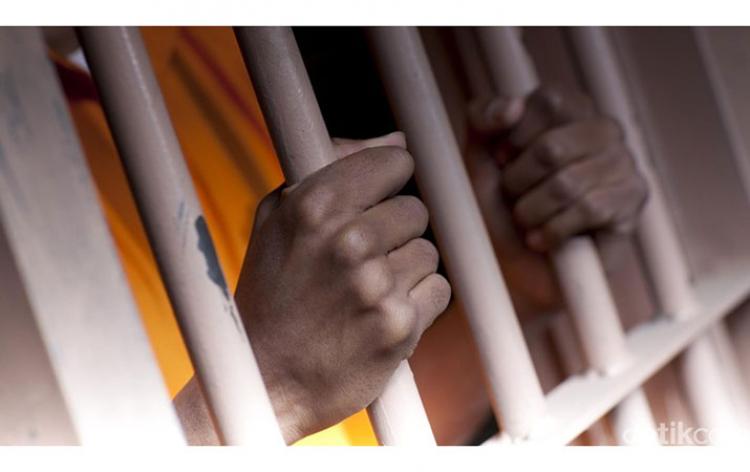DO NOT protect corruptors
Sunday, 15 November 2015 - 00:00

Ayear ago, Joko “Jokowi” Widodo and Jusuf Kalla were elected as President and Vice President of this country. So, the question is, have we progressed in the goal to eradicate corruption as written in their list of priorities, the Nawacita? Or have we merely stalled at the same level or perhaps even moved backward in terms of the goal to end graft?
One of the most disturbing developments under President Jokowi was the criminal accusations made against two commissioners of the Corruption Eradication Commission (KPK).
Regardless of mounting public pressure, the false legal process has not stopped. Instead of making an assertive move, the President excused himself by saying that he didn’t want to interfere with the legal process.
And then corruption eradication faced yet another barrier, the revision of the KPK Law.
Officials and lawmakers claimed it to be a positive move aimed at strengthening the KPK, whereas the draft showed otherwise; not only did it weaken the KPK, it also limited its existence to only 12 years.
As if this were not enough, the government seems intent on revising Government Regulation No. 99/ 2012 on remission and parole. On Oct. 27, the National Law Development Agency (BPHN) conducted a seminar to discuss the possibility of revising this regulation once again.
There are two reasons cited for this, namely prison over capacity and a need for law officials to be able to intervene in the government domain by providing a written recommendation to determine whether an inmate can receive remission.
The regulation itself contains a strong spirit to eradicate corruption, illustrated by the fact that requirements for inmates to receive remission were tight. Under the previous government regulation on remission and parole, requirements to receive remission specified that an inmate must have served more than six months of a given term of imprisonment, be noted for good behaviour and must not have been cited to receive disciplinary measures for at least six months prior to a remission request.
The three additional requirements for inmates are that the inmate agrees to be a justice collaborator, has fully paid either fines or substitute funds as determined in his or her verdict and that, after receiving the required recomendations, the remission is granted by the law and human rights minister.
According to the ministry, as of October there were 3,248 corruption inmates out of a total 173,340 inmates. The number is insignificant and, even if the aforementioned PP No. 99/2012 is applied to all inmates including those from corruption cases, the problem with prison overcapacity has yet to be solved.
Furthermore, the deterrence effect on corruption case inmates would also be further undermined.
Based on an Indonesia Corruption Watch survey on verdict trends in 2014, the average verdict for corruption cases is two years and eight months.
If remission is to be given so easily, both corruption inmates and other people would not consider corruption punishment as a serious threat to their freedom because they would be freed quickly, having served only a minimal time with constant remissions granted by the government. It is possible that an inmate would not have to serve even half of a sentence before being released.
We would also be wise to recall how badly prisons are controlled and managed, where corruption inmates, or others, are able to bribe wardens and officials for the opportunity to receive luxury treatment.
That is exactly what is happening with graft convicts Anggodo Widjojo, Artalyta Suryani, and Gayus Tambunan. Gayus was caught freely roaming outside the Sukamiskin Prison in Bandung not long ago.
Revising PP No. 99/2012 by eliminating some of the most crucial requirements for remission and parole, including recommendation from related bodies, an agreement to collaborate in corruption cases and to fully pay all fines or substitues, would not answer the problems at hand.
Prison overcapacity is not the main problem; it is merely the side effect of a corrupt judicial system, where most law officials are prone to abuse their discretion, making money from such acts (extortion).
If PP No. 99/2012 is to be revised, it should be clear that the substance of this revision must be in accordance with the corruption eradication agenda, not the other way around. Jokowi’s government should make a clear stance not to protect corruptors.
Lalola Easter, The writer is a legal researcher at NGO Indonesia Corruption Watch.
This article copied from The Jakarta Post, November 15, 2015










